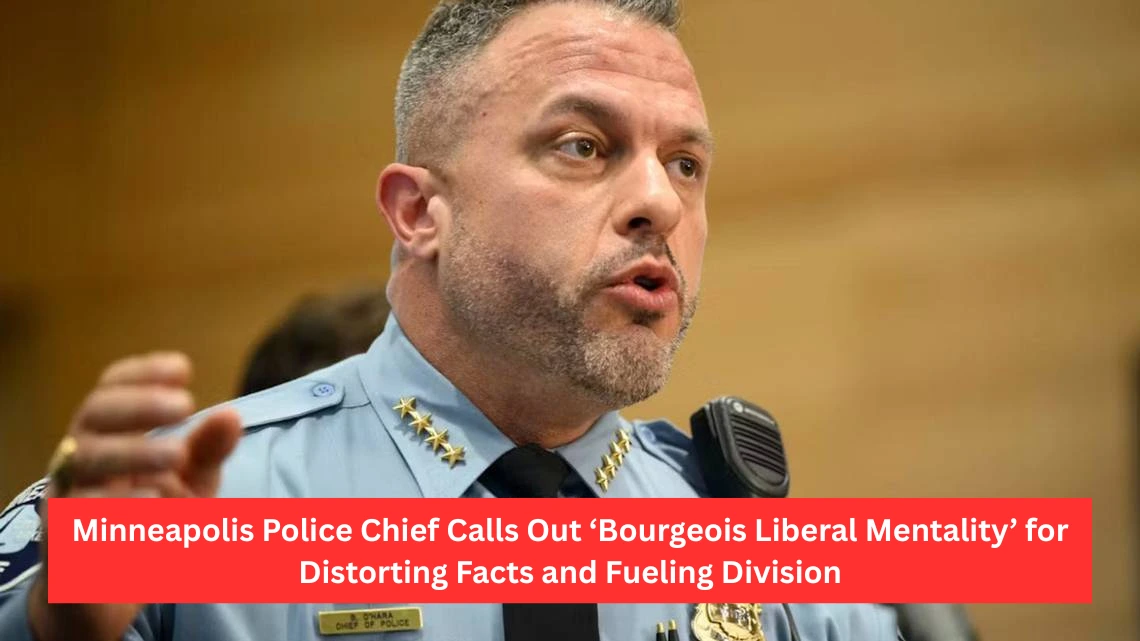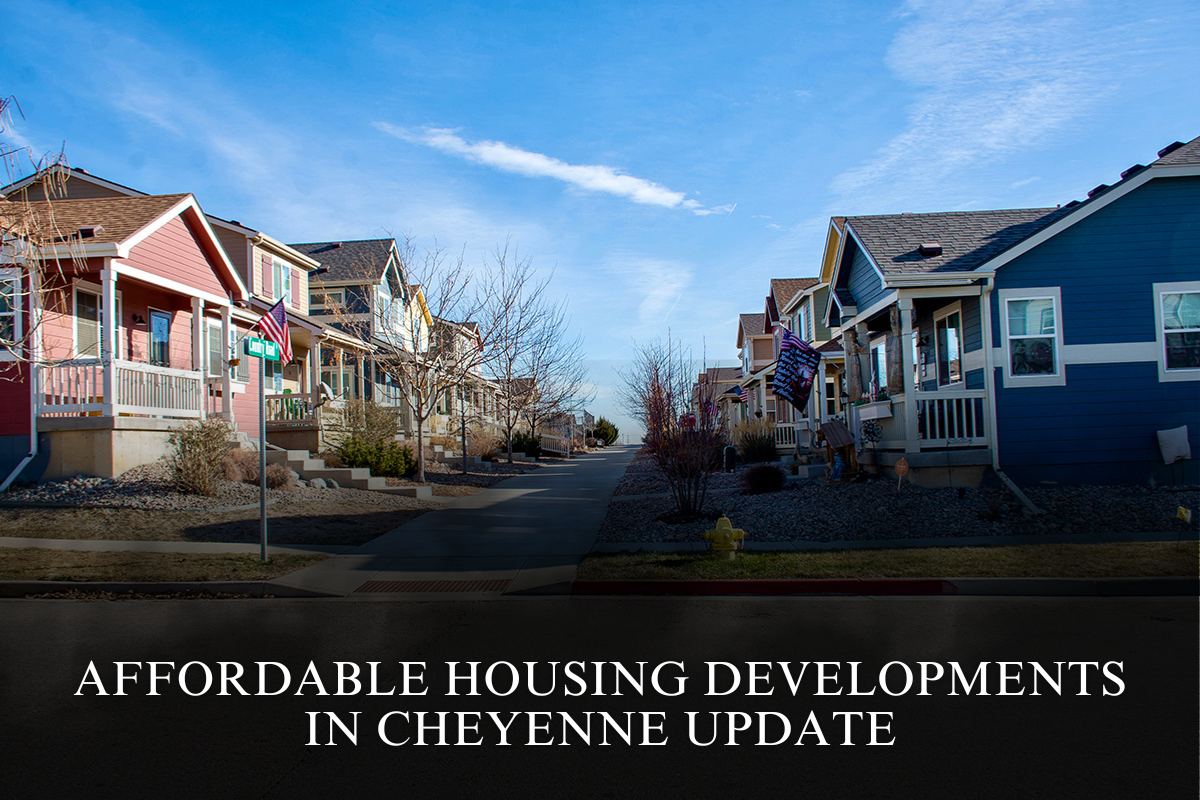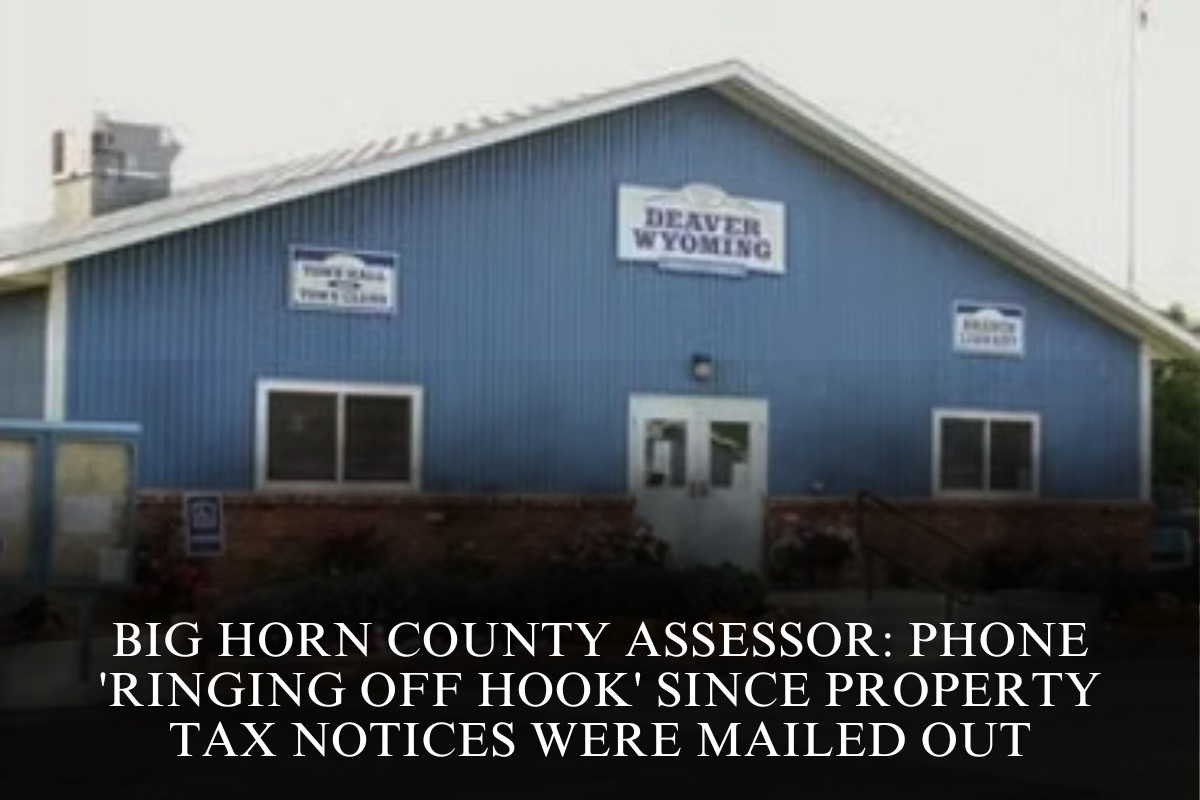Minneapolis Police Chief Brian O’Hara recently described the city’s political atmosphere as dominated by a “very detached, bourgeois liberal mentality,” according to a New York Post report published Friday. His comments come as Minneapolis approaches the fifth anniversary of George Floyd’s murder by police—a tragedy that sparked protests and unrest across the nation.
O’Hara, who previously served as Newark, New Jersey’s public safety director, said he was used to working in Democratic cities but was unprepared for what he called Minneapolis’ “ultra-liberal orthodoxy.” He told the Post that the city’s politics are so ideological that facts and reality often seem ignored. “It’s bizarre,” he said.
The story highlights the deep divisions and struggles Minneapolis faces, focusing especially on police officers’ anger and trauma following the burning of the Third Precinct police station during the protests. Many officers feel demonized by the public. The city’s mayor’s office did not respond to requests for comment on the matter.
O’Hara’s remarks have sparked criticism from some Minneapolis City Council members. Council President Elliott Payne pointed out that the city’s progressives are diverse, not a single uniform group. He said it’s important to understand the many perspectives in Minneapolis before making sweeping statements to a national tabloid. “Some come to their politics through lived experience, others through academic study or solidarity,” Payne explained.
Council Member Jason Chavez, who lives close to the site where George Floyd was killed and was motivated to run for office after the tragedy, called O’Hara’s words “disrespectful,” “counterproductive,” and “condescending.” He added that such comments ignore the serious challenges the community faces, especially as many residents push back against federal policies they see as infringing on their rights.
Last year, the City Council—largely more progressive than Mayor Jacob Frey—cut $1.8 million from the mayor’s proposed police budget, although the budget still ended up $12 million higher than the previous year. Council Member Katie Cashman emphasized that city leaders have funded the police department according to O’Hara’s requests and improved recruitment and retention through pay raises. She said, “We expect the chief to work hard to rebuild trust with residents, but these dismissive comments only make things worse.”
Minneapolis police spokesman Sgt. Garrett Parten clarified O’Hara’s statements, saying, “The problem isn’t with residents—it’s the political narratives that overshadow the real safety issues people face every day.” He added that policing has become so politicized that even discussing funding and resources gets trapped in ideological battles.
This isn’t the first time O’Hara has sparked controversy with his remarks. Last year, he told Harper’s Magazine he was shocked by the extreme political views in Minneapolis. “Minneapolis is one of the few blue dots surrounded by rural red states,” he said. “For some, hating the police has become a political cause. The movement to defund the police is still strong, even during major emergencies.”












